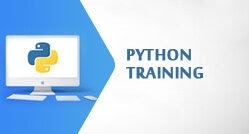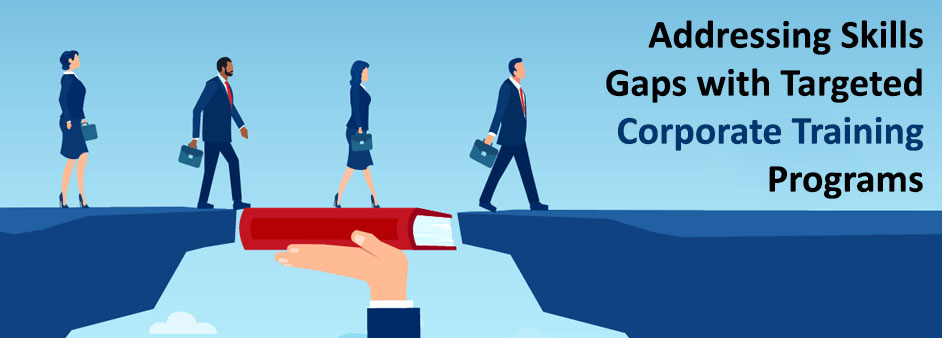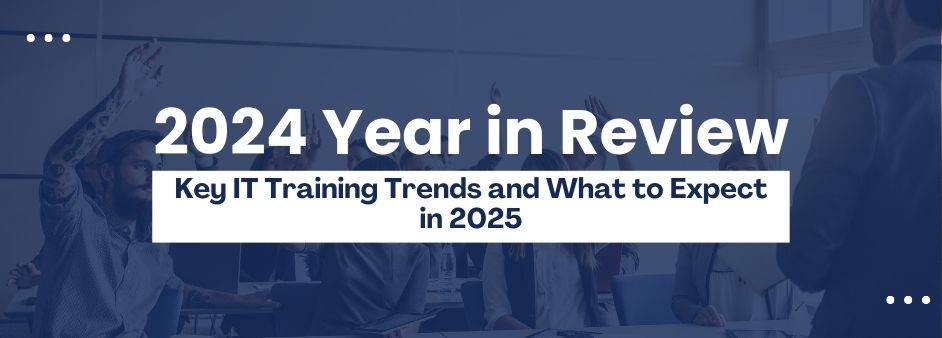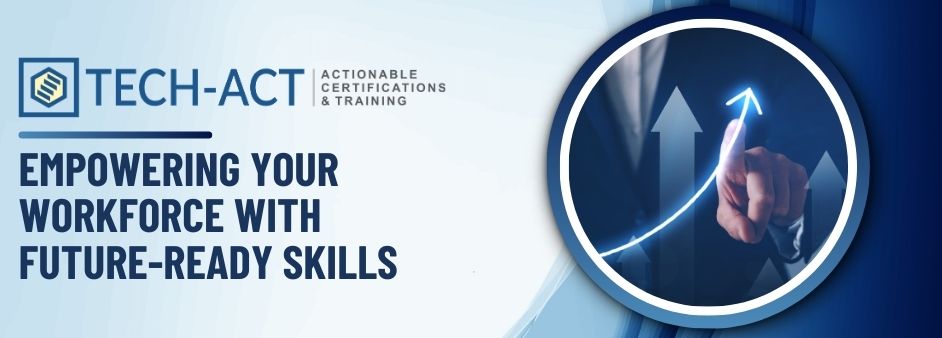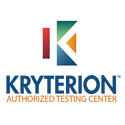How to Transition to an AI Career: Tips for Non-Tech Professionals

How to Transition to an AI Career Paths in 2024: Tips for Non-Tech Professionals
Artificial intelligence (AI) is transforming industries and creating numerous career opportunities. However, for non-tech professionals, the prospect of transitioning to an AI-focused career can seem daunting. The good news is that with the right approach and resources, making this shift is entirely possible. In this blog, we’ll provide practical advice for professionals from non-technical backgrounds looking to switch to an AI career.
Understand the Basics of AI
Before diving into technical skills, it’s essential to understand what AI is and how it works. Start by familiarizing yourself with the core concepts and terminologies of AI, machine learning, and data science.
Key Concepts to Learn:
- Artificial Intelligence: The simulation of human intelligence in machines.
- Machine Learning: A subset of AI that involves training algorithms to learn from and make predictions based on data.
- Deep Learning: A type of machine learning that uses neural networks to analyze various factors of data.
Resources:
- Books such as “Artificial Intelligence: A Guide for Thinking Humans” by Melanie Mitchell.
- Online articles and introductory videos.
Identify Your Transferable Skills
Non-tech professionals often possess skills that are highly valuable in AI roles. Identifying and leveraging these transferable skills can smooth your transition.
Common Transferable Skills:
- Analytical Thinking: The ability to analyze data and derive insights is crucial in AI.
- Problem-Solving: AI roles often involve identifying problems and devising algorithmic solutions.
- Communication: Explaining complex AI concepts to non-technical stakeholders is an important skill.
Action Steps:
- List your current skills and experience.
- Match these skills with those required in AI roles to identify gaps and strengths.
Take Relevant Courses and Certifications
Gaining formal education in AI can help bridge the gap between your current skill set and the requirements of AI roles. Many institutions offer courses and certifications tailored for beginners and non-tech professionals.
Recommended Areas of Study:
- AI Fundamentals: Courses that cover the basic principles and applications of AI.
- Machine Learning: Training that focuses on developing and implementing machine learning models.
- Data Science: Programs that teach data analysis, statistics, and data visualization techniques.
Gain Hands-On Experience
Practical experience is invaluable when transitioning to an AI career. Working on projects allows you to apply theoretical knowledge and build a portfolio that showcases your skills.
Ways to Gain Experience:
- Personal Projects: Start small with projects such as building a simple chatbot or analyzing a public dataset.
- Competitions: Participate in data science and machine learning competitions where you can test your skills on real-world problems.
- Volunteering: Offer to assist with AI-related projects at your current workplace or through professional networks.
Build a Professional Network
Networking with AI professionals can provide insights, mentorship, and potential job opportunities. Engage with the AI community through various channels to build meaningful connections.
Networking Tips:
- Join Professional Associations: Become a member of relevant industry groups and organizations.
- Participate in Events: Attend conferences, seminars, and workshops focused on AI and technology.
- Seek Mentorship: Connect with experienced AI professionals who can guide you through your career transition.
Tailor Your Resume and Online Presence
Your resume and online profiles should reflect your new AI skills and experiences. Highlight relevant courses, certifications, projects, and any transferable skills that are pertinent to AI roles.
Resume Tips:
- Focus on Relevant Skills: Emphasize AI-related skills and projects in your resume.
- Use Clear, Concise Language: Clearly articulate how your background and new skills make you a strong candidate for AI roles.
Online Presence:
- Professional Profiles: Update your professional profiles to showcase your AI skills, certifications, and projects.
- Project Portfolios: Create a repository to share your AI projects and code.
Apply for Entry-Level and Transitional Roles
Start by applying for entry-level positions or roles that act as a bridge between your current field and AI. These roles often require foundational AI knowledge and allow you to gain more experience while leveraging your existing expertise.
Potential Roles:
- Data Analyst: Utilize your analytical skills while gaining experience with data and basic machine learning techniques.
- AI Project Coordinator: Manage AI projects and teams, bridging the gap between technical and non-technical stakeholders.
- Technical Sales or Support: Use your industry knowledge to help sell or support AI products and solutions.
Conclusion
Transitioning to an AI career as a non-tech professional may seem challenging, but it’s entirely achievable with the right approach. By understanding the basics, leveraging your transferable skills, gaining relevant education and experience, building a network, and strategically applying for roles, you can successfully make the shift to an AI-focused career. Embrace the learning journey and stay persistent—your efforts will open up exciting new opportunities in the rapidly evolving field of AI.
How to Transition to an AI Career Paths in 2024: Tips for Non-Tech Professionals
Artificial intelligence (AI) is transforming industries and creating numerous career opportunities. However, for non-tech professionals, the prospect of transitioning to an AI-focused career can seem daunting. The good news is that with the right approach and resources, making this shift is entirely possible. In this blog, we’ll provide practical advice for professionals from non-technical backgrounds looking to switch to an AI career.
Understand the Basics of AI
Before diving into technical skills, it’s essential to understand what AI is and how it works. Start by familiarizing yourself with the core concepts and terminologies of AI, machine learning, and data science.
Key Concepts to Learn:
- Artificial Intelligence: The simulation of human intelligence in machines.
- Machine Learning: A subset of AI that involves training algorithms to learn from and make predictions based on data.
- Deep Learning: A type of machine learning that uses neural networks to analyze various factors of data.
Resources:
- Books such as “Artificial Intelligence: A Guide for Thinking Humans” by Melanie Mitchell.
- Online articles and introductory videos.
Identify Your Transferable Skills
Non-tech professionals often possess skills that are highly valuable in AI roles. Identifying and leveraging these transferable skills can smooth your transition.
Common Transferable Skills:
- Analytical Thinking: The ability to analyze data and derive insights is crucial in AI.
- Problem-Solving: AI roles often involve identifying problems and devising algorithmic solutions.
- Communication: Explaining complex AI concepts to non-technical stakeholders is an important skill.
Action Steps:
- List your current skills and experience.
- Match these skills with those required in AI roles to identify gaps and strengths.
Take Relevant Courses and Certifications
Gaining formal education in AI can help bridge the gap between your current skill set and the requirements of AI roles. Many institutions offer courses and certifications tailored for beginners and non-tech professionals.
Recommended Areas of Study:
- AI Fundamentals: Courses that cover the basic principles and applications of AI.
- Machine Learning: Training that focuses on developing and implementing machine learning models.
- Data Science: Programs that teach data analysis, statistics, and data visualization techniques.
Gain Hands-On Experience
Practical experience is invaluable when transitioning to an AI career. Working on projects allows you to apply theoretical knowledge and build a portfolio that showcases your skills.
Ways to Gain Experience:
- Personal Projects: Start small with projects such as building a simple chatbot or analyzing a public dataset.
- Competitions: Participate in data science and machine learning competitions where you can test your skills on real-world problems.
- Volunteering: Offer to assist with AI-related projects at your current workplace or through professional networks.
Build a Professional Network
Networking with AI professionals can provide insights, mentorship, and potential job opportunities. Engage with the AI community through various channels to build meaningful connections.
Networking Tips:
- Join Professional Associations: Become a member of relevant industry groups and organizations.
- Participate in Events: Attend conferences, seminars, and workshops focused on AI and technology.
- Seek Mentorship: Connect with experienced AI professionals who can guide you through your career transition.
Tailor Your Resume and Online Presence
Your resume and online profiles should reflect your new AI skills and experiences. Highlight relevant courses, certifications, projects, and any transferable skills that are pertinent to AI roles.
Resume Tips:
- Focus on Relevant Skills: Emphasize AI-related skills and projects in your resume.
- Use Clear, Concise Language: Clearly articulate how your background and new skills make you a strong candidate for AI roles.
Online Presence:
- Professional Profiles: Update your professional profiles to showcase your AI skills, certifications, and projects.
- Project Portfolios: Create a repository to share your AI projects and code.
Apply for Entry-Level and Transitional Roles
Start by applying for entry-level positions or roles that act as a bridge between your current field and AI. These roles often require foundational AI knowledge and allow you to gain more experience while leveraging your existing expertise.
Potential Roles:
- Data Analyst: Utilize your analytical skills while gaining experience with data and basic machine learning techniques.
- AI Project Coordinator: Manage AI projects and teams, bridging the gap between technical and non-technical stakeholders.
- Technical Sales or Support: Use your industry knowledge to help sell or support AI products and solutions.
Conclusion
Transitioning to an AI career as a non-tech professional may seem challenging, but it’s entirely achievable with the right approach. By understanding the basics, leveraging your transferable skills, gaining relevant education and experience, building a network, and strategically applying for roles, you can successfully make the shift to an AI-focused career. Embrace the learning journey and stay persistent—your efforts will open up exciting new opportunities in the rapidly evolving field of AI.

